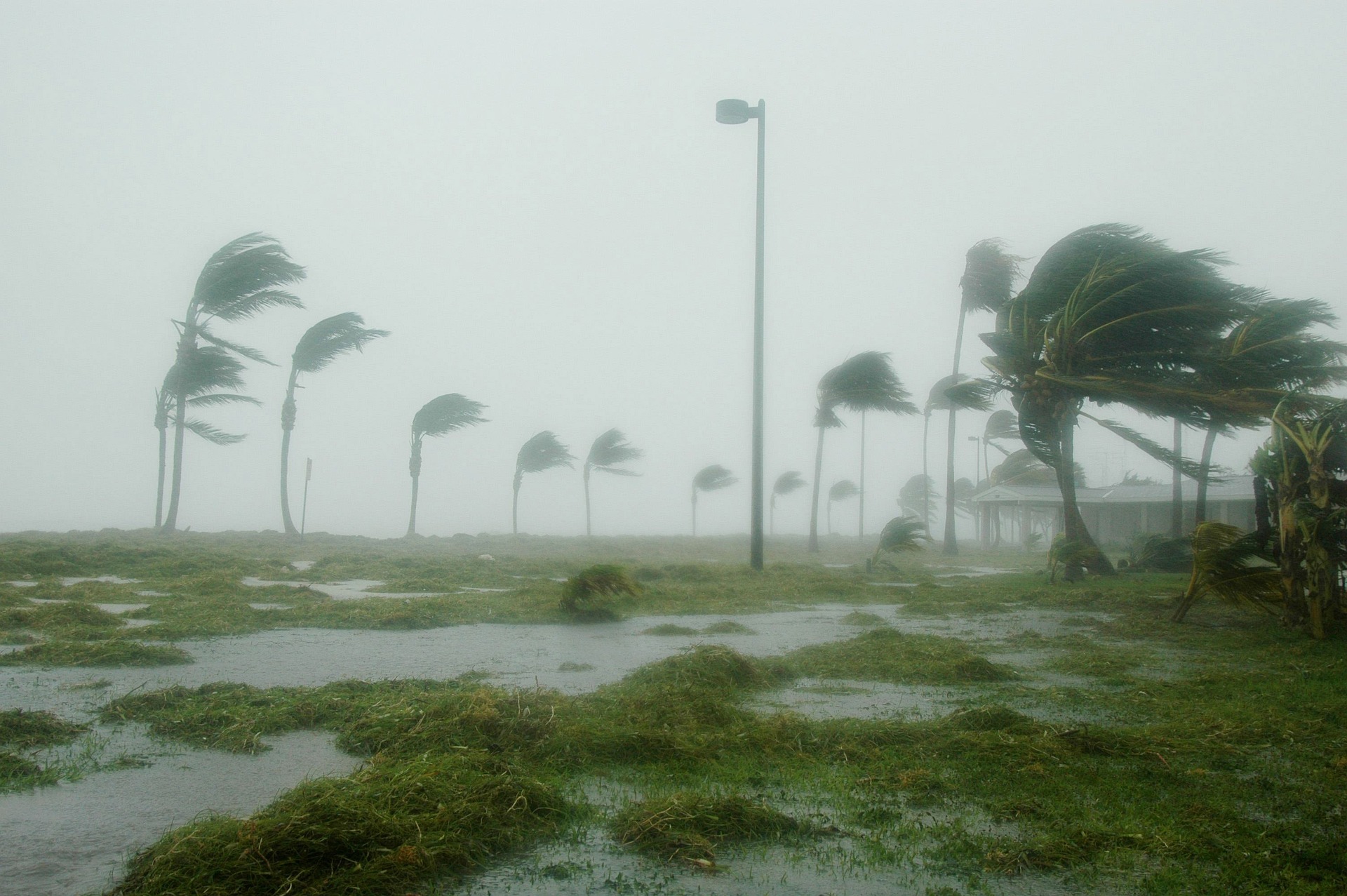The North Carolina Legislature’s rejection of building code updates likely worsened the damage caused by Hurricane Helene, code experts say.
Over the past 15 years, lawmakers rejected limits on construction on steep slopes, which might have reduced the number of homes destroyed by landslides. The legislature also blocked a rule requiring homes to be elevated above the height of an expected flood and weakened protections for wetlands that help the environment absorb stormwater runoff.
Lawmakers have slowed building code updates, making it harder for the state to qualify for federal climate-resilience grants. In 2013, the legislature changed how often North Carolina would update its codes to every six years from every three.
The change proved important. In 2015, the International Code Council added a requirement that new homes in flood zones be built at least one foot above the projected height of a major flood. Instead of adopting that mandate statewide, the legislature left it up to local officials to decide whether to adopt it in their community.
Related Stories
Codes and Standards | Aug 11, 2021
Decentralized approach to codes means emissions reduction responsibility falls on local officials
Efficiency advocates focusing more on local code amendments.
Codes and Standards | Aug 10, 2021
Dept. of Energy issues model energy code determinations for commercial, residential buildings
2021 IECC offers 9.4% site energy savings.
Digital Twin | Aug 9, 2021
Digital Twin Maturity white paper offers guidance on digital twin adoption
Provides lifecycle map and an approach for incorporating digital twins.
Codes and Standards | Aug 5, 2021
Contractors can be liable for building failures many years after project completion
Personal injury suits could be brought decades after substantial completion.
Codes and Standards | Aug 4, 2021
Mass timber is a natural choice for building recycling through deconstruction
Designing wood buildings to optimize recovery of materials for disassembly aids carbon sequestration.
Codes and Standards | Aug 3, 2021
Dept. of Energy releases initial version of the Spawn of EnergyPlus software
Targets new use cases in advanced controls, district systems, and grid integration.
Codes and Standards | Aug 2, 2021
Several U.S. cities among most expensive places to build in the world
San Francisco, New York, and Boston head the domestic list.
Codes and Standards | Jul 28, 2021
American Concrete Institute creates new director of innovative concrete technology post
Aim is to attract emerging technologies for development.
Codes and Standards | Jul 28, 2021
Higher ed faces infrastructure backlog of $112.3 billion
Study recommends integrated strategic planning for best results.
Codes and Standards | Jul 27, 2021
Add a wobbly moon to flooding risk factors
Earth satellite’s orbit variations will lead to sunny-day flooding in the mid-2030s.


















